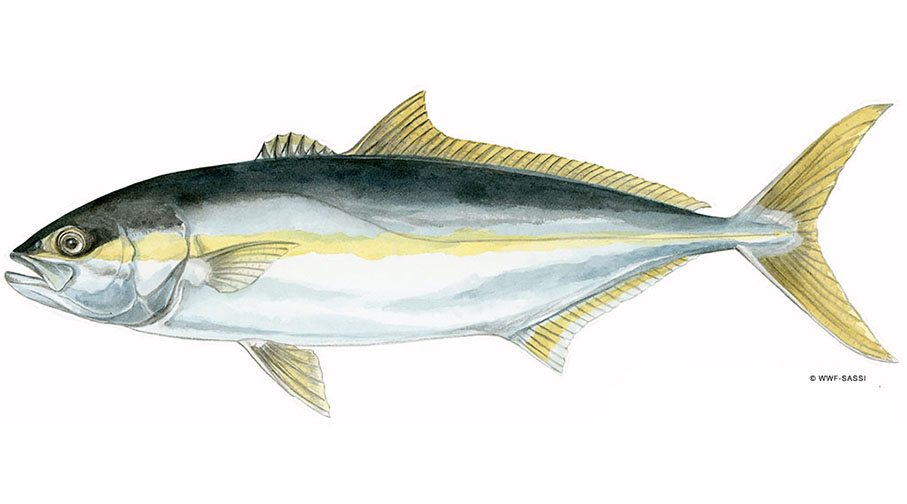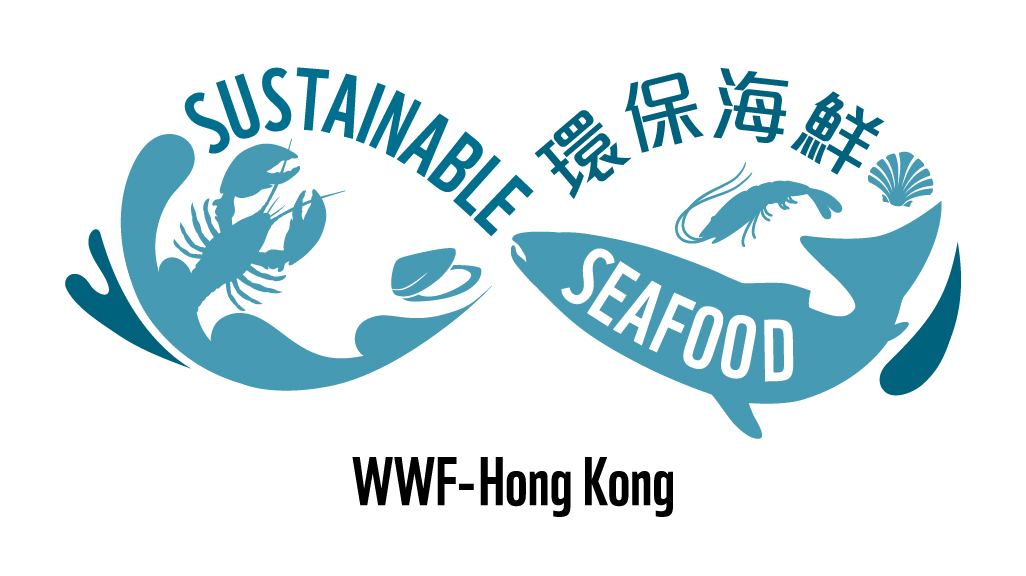
According to the National Research and Development Agency and Japan’s Fisheries Research and Education Agency (FRA), Japanese Amberjack stock is appropriately used. Stable over the years 2012-2016, its stock though may see a decrease if existing fishing pressures continue at current levels. The management authority recommends maintaining or increasing resource volume.
Purse seines can be a problem particularly for endangered, threatened, protected (ETP) species large pelagic and demersal animals, such as tunas, sharks, rays, and turtles. The discard rate of this fishery is low and juvenile bycatch is high. The fishery is not causing significant negative ecosystem changes. Purse-seines are not expected to interact with the seabed habitat.
The stock assessment is carried out each year by the FRA with a full monitoring and surveillance system in place as well as legal instruments to combat illegal, unreported and unregulated (IUU) fishing. The management of bycatch is marginally effective while overall management is partly effective.

